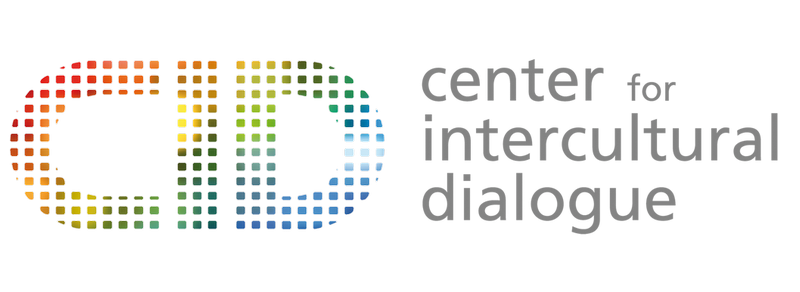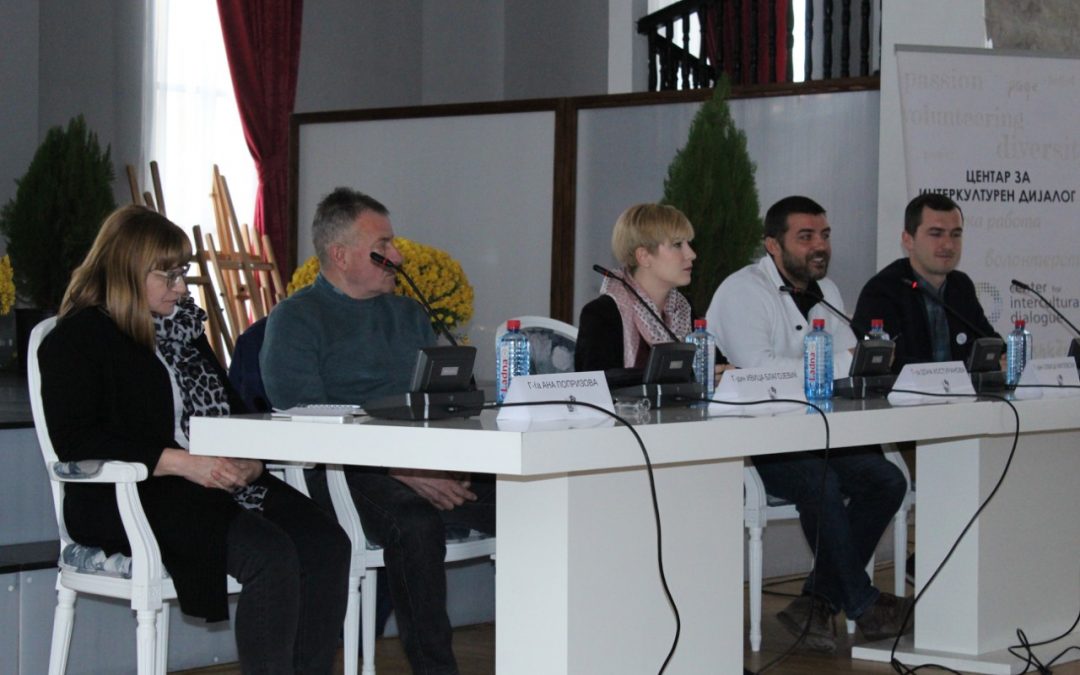On November 29th, in the framework of the project ”inEDU: Inclusive education models for children with migrant background in pre-schools”, Center for Intercultural Dialogue held a one-day conference, in the premises of Zanaetchiski Dom in Kumanovo. The conference aimed at presenting the results and outcomes of the project, and gathered various stakeholders from the local community and from the national level in order to discuss about inclusive methods in education and to collect recommendations for policy-makers on the matter.
The conference was opened by the moderator, Dona Kosturanova, who gave an opening welcome speech which highlighted the need of such conferences. After the opening speech, a space was given to Nami Isaki, the coordinator of the project, to present the main activities and the outcomes. The coordinator highlighted that CID was the only non-EU country that was included in the whole project and this was a very good opportunity for us to exchange practices and to learn from other European countries. He also announced the projects’ tangible outcome which is a handbook created by all 10 countries included in the project which will be shared on a local, regional and national level in Macedonian and Albanian language, but also internationally in English.
The panel discussion included the following speakers: Jovica Mitevski – National Agency for European Educational Programmes and Mobility, Ivica Blagojevic – Day-care center for people with special needs, Kumanovo, and Ana Poprizova – Youth Educational Forum. The panel discussion was followed by a session of smaller groups who worked to develop recommendations for policy-makers to address the incorporation of more inclusive policies in education.
The official part of the conference was closed with an encouraging note for all participants to take active participation within these processes and to lobby as well as act for a bigger and fair inclusion of all youth within the educational processes. The conference continued with a non-formal networking cocktail where the participants could approach the speaker or each other, and establish further cooperation or ask for more information.
The project was funded by the European Union through the Programme Erasmus+.


